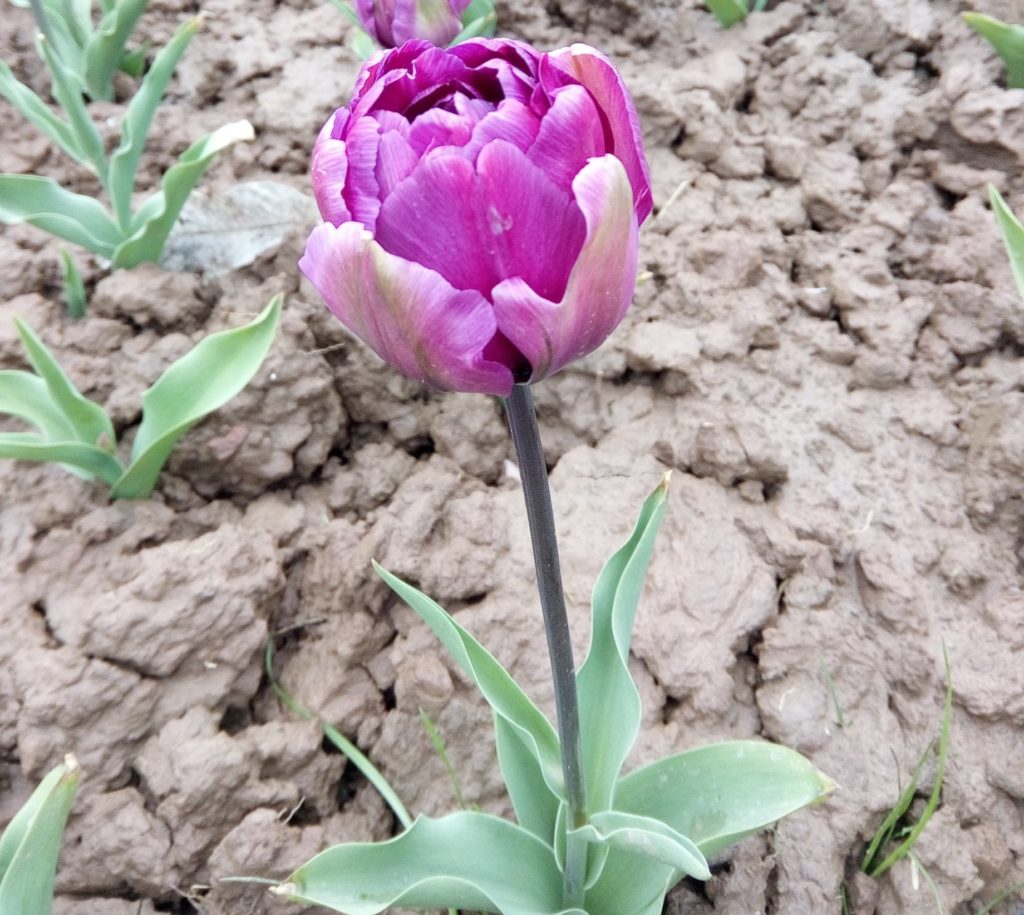I’m Not an Optimist.
Most people who know me would probably describe me as a generally positive person. As a general rule, I don’t like to dwell on negativity. Someone once even decided that my catchphrase was “it’s okay.” But I would argue that my inclination towards positivity is a self-trained response, a way of comforting myself. More often than not, whispering “it’ll be okay” is an effort to convince myself that it’s true rather than an expression of confidence. And so, rather than “positive” or “optimistic,” I would call myself “hopeful.”
My favorite part of Christmas is this current season of Advent, of waiting and hoping. It’s a time to acknowledge the dark and cold surrounding us, but also an assurance that light and warmth are coming. This present suffering will have an end; things will get better. This, I think, is the difference between hope and optimism: optimism brushes fears and sadness aside almost as if they don’t (or shouldn’t) matter, while hope embraces the broken heart and trusts that healing can be possible.

Reality is, no matter how much one might dislike dwelling on negativity, everyone experiences negative feelings and happenings. Sometimes there are circumstances that don’t come with a bright side. Trying to force optimism when tragedy strikes only serves to suffocate and isolate, because it denies the validity of emotions instead of addressing their source.
Thankfully, we aren’t restricted to either blind optimism or incessant pessimism. Life is hard, and it’s possible to acknowledge that without either making ourselves feel guilty for struggling when someone else somewhere in the world has it worse or wallowing in the darkness and refusing to see any way things could get better. We can listen to someone’s pain and perhaps even offer encouragement without insisting that they find a silver lining on the cloud hanging over their head.
And I believe that how we talk (and listen) to others begins with how we talk and listen to ourselves. If you think someone should be happier about their situation because “someone else has it worse,” maybe you’re feeling the weight of something you’ve convinced yourself you don’t deserve to be upset about. Having compassion for our own emotions — no matter how big or small they might appear in comparison to what we perceive about other people — opens us up to have more compassion for the emotions of those around us.

It’s true that, in general, I’ve had a decently comfortable and happy life. But it’s also true that I’ve experienced moments wherein the darkness seemed to have no end or outlet. I’m sure in the future I’ll have days that are even happier than any I’ve seen thus far, as well as days that are so much worse than any I’ve previously faced. Through it all, I hold onto hope — sometimes out of nothing more than sheer stubbornness — not that “it could be worse,” but that someday things will get better.

